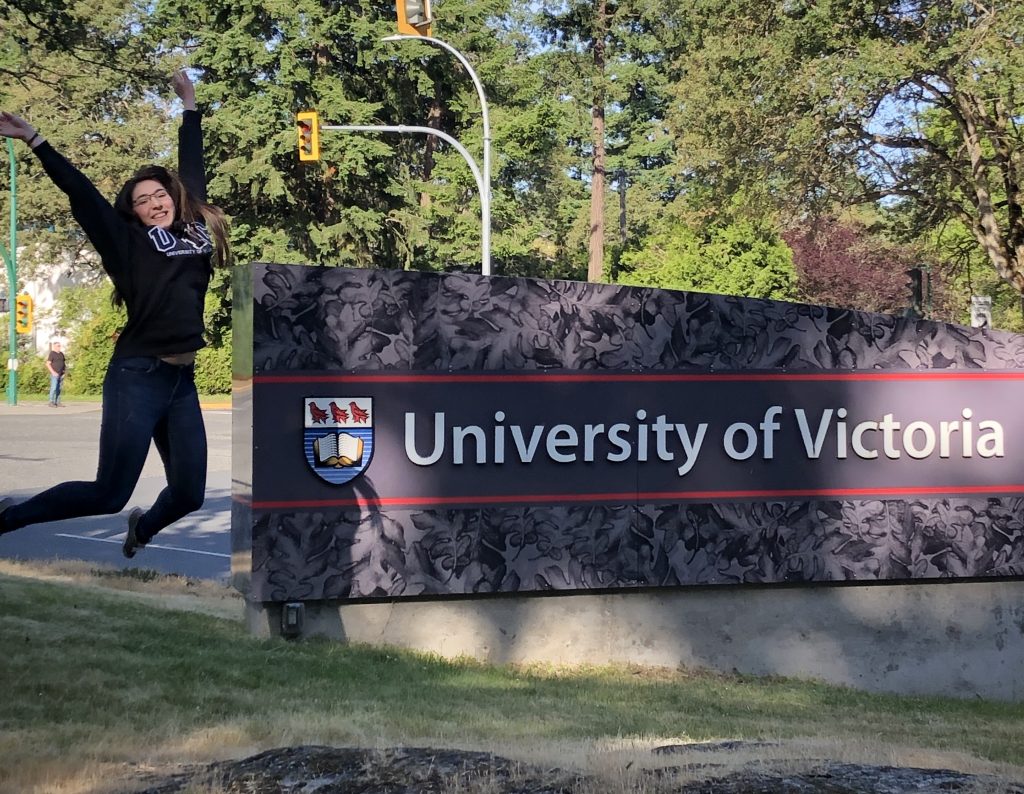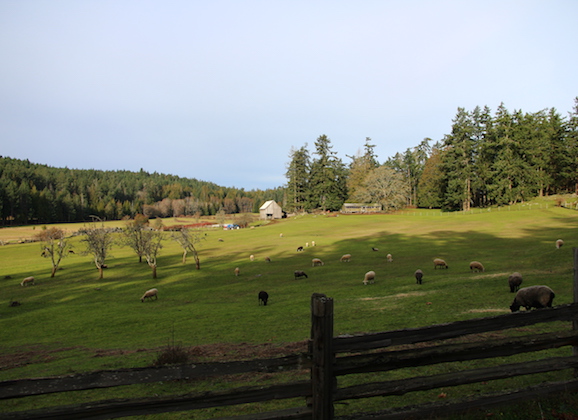A 1 in 97 chance: finding the best university for you
Decisions, decisions, decisions: we make about 35,000 of them a day – some important, others not so much, but there are few as life-changing in the moment than what university you’re going to go to.
There are 97 universities and hundreds of colleges in Canada alone, so to say that you might be overwhelmed with choice might be the understatement of the century. And why wouldn’t it be, when all of them claim that they’re the best! I was in this spot once in grade 12 too, so here are my tips on cutting through the noise and maybe landing that 1 in a hundred chance of ending up in the school that was meant for you.
1. Oh the places you’ll go! (or maybe not)
The most important factor I considered when I was choosing which school to go to was the location. Growing up in Vancouver, I lived a 30-minute drive away from what many considered to be one of the “best” universities in the country… but I knew from the beginning of my school search that I did not want to go here.

The natural beauty of Victoria and the South Island is something I’ll always be grateful to experience every single day. I pass this view by on Arbutus and Hollydene on the way to UVic every day!
Instead, I was itching to get away from home, far enough to establish myself as an adult but close enough that I can retreat back home if I wanted to. My friends who come from near love the proximity to home, and the ones who come from far love the distance. Whether you want to stay in your city, your state/province, or have a flavour for the world, start with location.
2. Learning about the learning
Of course, when considering a university, we have to consider the program you’re applying to. You would be surprised how different each school can approach your given subject, so poke around websites of universities in the area that you choose to see if your program is
a., offered at that university at all;
and b., the methods of learning that are available to you.
Taking French and Francophone Studies at UVic as an example, we have around 11 courses that run every semester, an optional field school opportunity in Paris, partnerships to go on exchange with French-speaking universities in 3 countries, and co-op placements around Victoria and the world – all designed to enrich your learning. It’s not only about the reputation, but it’s about how you learn!
3. Betting your bottom dollar
Tuition costs can be a huge factor in choosing a school. The average tuition rate across Canada is just under $7000 a year (for domestic students), and almost all university websites are super helpful helping you figure out what exactly goes into that number.
Basically every university is generous with offering scholarships based on your high school grades and lifestyle. At UVic, I’ve saved more than $5500 from scholarships, and I’m just a fairly average guy across the board. The option of student loans can help make education more accessible for many too (and for students in certain provinces, student loans are now 100% interest-free)!

You don’t have to break the bank to go to university: colleges, scholarships, and loans can help make your uni dreams come true! (Photo by Andre Taissin on Unsplash)
If you’re considering costs first, your cheapest option for a post-secondary education is a public college (also called community colleges). Some colleges, like Victoria’s Camosun College, even offer programs for you to complete some of your degree requirements at a college and finish the rest off at a university, which can save you some money!
Your next cheapest option would be a public university (UVic, VIU, UBC, and SFU are examples of public universities in BC), and then finally, a private college or university is your most expensive option, but can sometimes have benefits that public schools don’t, like smaller class sizes and a closer bond (e.g., all Christian universities in Canada are private).
Personally, I preferred diving right in to the university experience and didn’t want to deal with the hassle of transferring schools, so I decided to directly enter a public university from high school, but if you’re thinking about costs, you might want to consider scholarship opportunities, your province or state’s student aid program, or maybe a university transfer program at a local college.
4. The world is your oyster: go out and catch it!
Hopefully by now, you have a shortlist of a few schools that are in an area that you’d see yourself in, that offers the right opportunities for whatever you want to learn, and are in your budget: now’s the time to maybe book a campus tour, schedule a meeting with a recruiter, attend a recruitment event, and talk to your school counsellors about what they think about your ideas! This is one decision that you shouldn’t make on your own, so getting some feedback on your plans are the way to go.
Finally, a point that I don’t think is talked about too much nowadays is that all universities and public colleges in Canada will offer you a good education and will prepare you to succeed in the 21st century. We might be biased in saying that UVic is great for tons of reasons, but wherever you end up, dear reader, the odds are 100% that you are in for the ride of your life!




